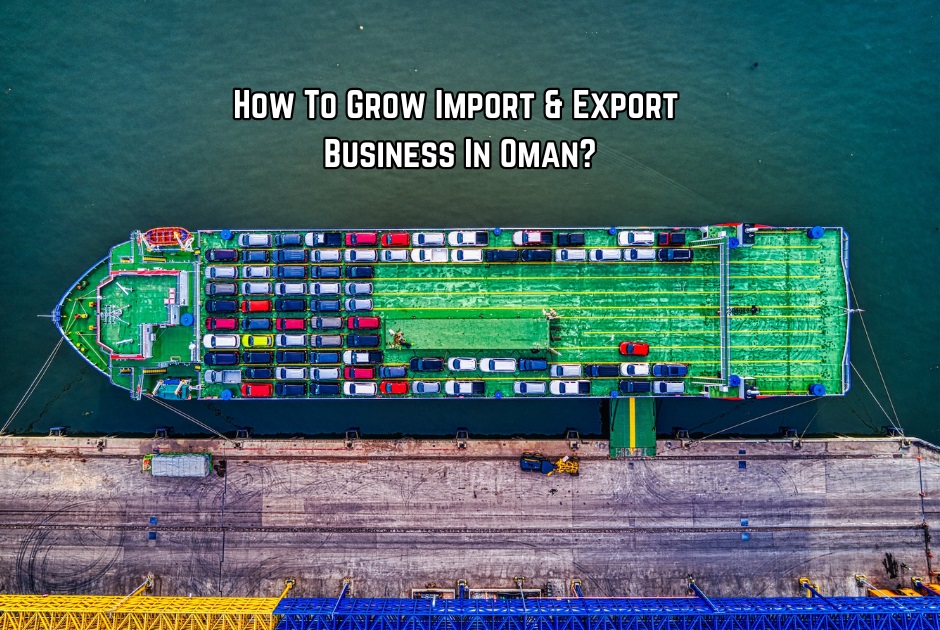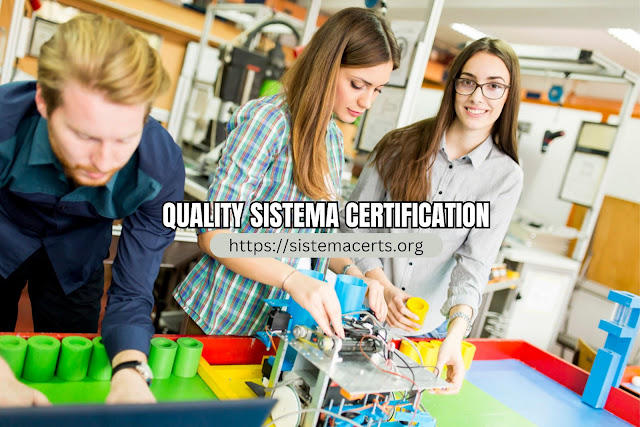10-COMMON INJURIES IN THE MANUFACTURING INDUSTRY.
ABOUT THE MANUFACTURING INDUSTRY-
The manufacturing industry is a vital sector of the global economy, responsible for the production of a wide array of products, from automobiles and electronics to food and pharmaceuticals. It encompasses the processes of designing, fabricating, and assembling goods on a mass scale. Manufacturing facilities vary widely, ranging from highly automated, state-of-the-art plants to smaller, more specialized workshops. This sector plays a significant role in job creation and innovation, contributing to a country's economic growth and technological advancement. Manufacturing processes can be diverse, including machining, casting, welding, and chemical processes, all of which demand strict adherence to safety and quality standards. The industry continues to evolve with advancements in technology, automation, and sustainability, making it a dynamic and essential part of the modern industrial landscape.
HOW INJURIES EFFECT PRODUCTION ?
injuries in the manufacturing industry have a profound and far-reaching impact on production efficiency and overall operational success. When workers are injured on the job, it creates a ripple effect of consequences. Firstly, injured employees often require medical attention and time off for recovery, reducing the available workforce. This decrease in manpower leads to a drop in production output and longer lead times for fulfilling orders, which can be detrimental to meeting customer demands and maintaining production schedules. Injuries not only disrupt the workflow but also strain the morale of the remaining workforce, as they might be required to take on additional tasks and responsibilities, potentially leading to burnout and decreased overall job satisfaction.
Furthermore, the financial costs associated with workplace injuries can be substantial. Businesses are burdened with worker compensation claims, increased insurance premiums, and potential fines for workplace safety violations. These financial implications can significantly affect a company's bottom line, eroding profits and competitiveness. In essence, addressing workplace safety and minimizing the occurrence of injuries is not only a moral imperative but also a strategic business decision to ensure the seamless functioning of manufacturing operations and to protect the well-being of the workforce.
LIST OF 10-COMMON INJURIES IN INDUSTRY-
Here's a list of 10 common injuries that can occur in the manufacturing industry:
Musculoskeletal Injuries: Strains, sprains, and repetitive stress injuries often result from tasks like heavy lifting and repetitive motions.
Machine-Related Injuries: Workers can get caught in or struck by moving machinery, leading to amputations, fractures, or cuts.
Slips, Trips, and Falls: Slippery or cluttered floors and uneven surfaces can cause injuries like sprains, fractures, and head trauma.
Falling Objects: Objects stored on shelves or stacked on pallets may fall and strike workers, causing injuries like head trauma or fractures.
Chemical Exposures: Exposure to hazardous chemicals can result in burns, skin irritations, respiratory problems, or long-term health issues.
Electrical Injuries: Electrical equipment and wiring pose risks of shocks, burns, and other electrical accidents.
Burns: Manufacturing processes involving hot materials, welding, or chemical reactions can result in burns to the skin.
Noise-Induced Hearing Loss: Prolonged exposure to loud machinery and equipment can lead to hearing loss.
Inhaling Dust and Particles: Workers may inhale airborne particles and dust, potentially leading to respiratory issues and lung diseases.
Repetitive Strain Injuries (RSI): Tasks requiring repetitive motions can result in RSIs, causing pain and discomfort in joints and muscles.
HOW DOES ISO 45001 CERTIFICATION STOP COMMON INJURIES IN THE MANUFACTURING INDUSTRY?
ISO 45001 is the promotion of a safety-centric culture within companies. It mandates regular risk assessments, hazard identification, and the development of preventive measures. This proactive approach ensures that potential issues are addressed before they escalate into injuries. ISO 45001 also emphasizes open communication and reporting systems for safety concerns and incidents, involving all employees in the continuous process of maintaining a safe work environment.
Furthermore, ISO 45001 prioritizes employee training and engagement. It ensures that workers are well-informed about safety procedures and actively participate in safety initiatives, fostering a sense of responsibility towards safety practices. This active involvement reduces the risk of common injuries resulting from lapses in awareness or non-compliance with safety guidelines. In summary, ISO 45001 Certification serves as a potent tool for preventing common injuries in the manufacturing industry by promoting a systematic, safety-conscious culture that enhances the well-being of workers and the overall efficiency of manufacturing operations.
If you are looking for ISO Certification in Bahrain then make call to Quality SISTEMA Certification team. We have best team of ISO Expert. We accredited by IAS and IAF board. We offer our services in Kuwait, Italy, Bahrain, Japan, France, Taiwan, Canada, Peru, USA, UAE, Bharat,UK, Singapore, Oman, Turkey, Egypt and more……………
Related Article : -
- What is cost of ISO Certification in Austria ?
- What are the benefits of ISO 22301 Certification?




Comments
Post a Comment